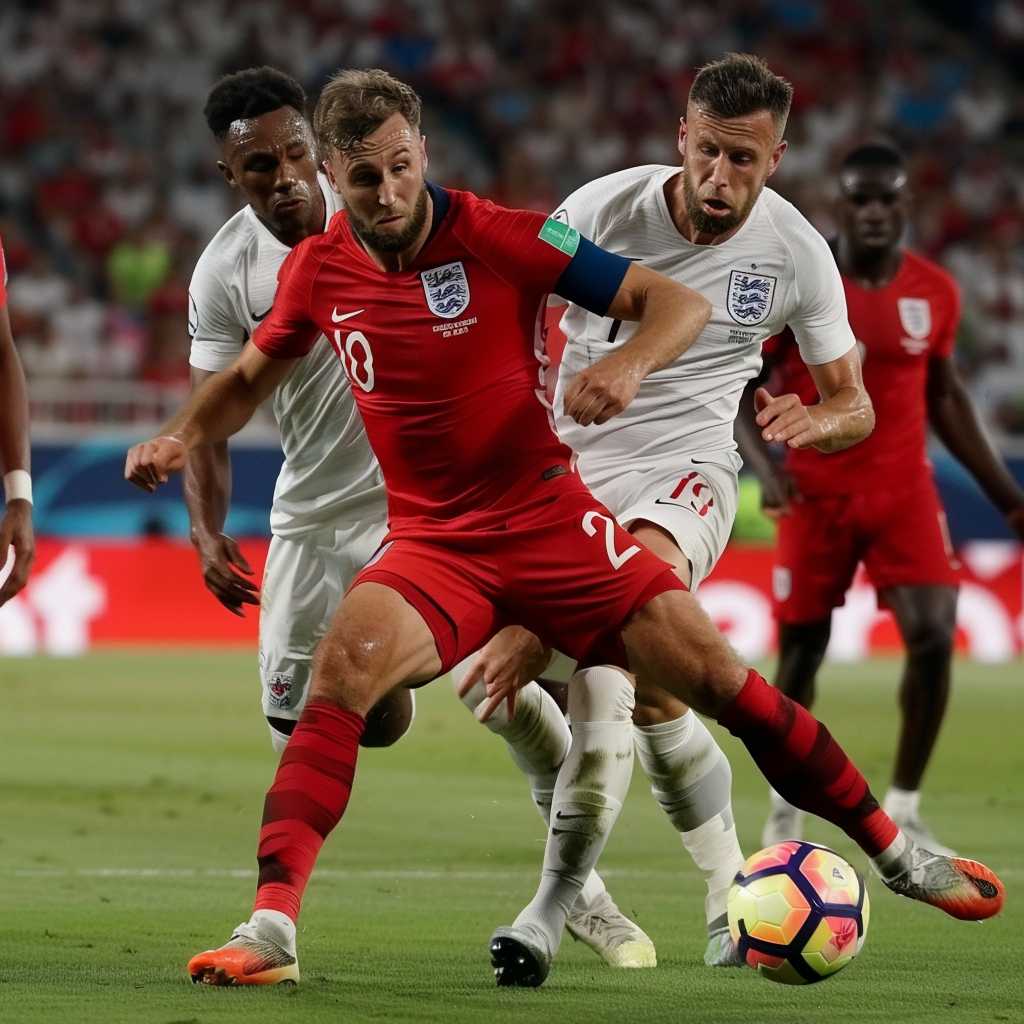England Football Team: Tradition, Triumphs, and the Quest for Glory
The England national football team represents England in international football and is one of the oldest national teams in the sport’s history. Known for passionate fans and a storied past, the team remains an icon in the world of football.
A Storied History: The Early Years and Founding of the Football Association
The England team dates back to the 19th century, playing their first international match against Scotland in 1872, which ended in a draw. The team’s inception was intertwined with the creation of the Football Association (FA) in 1863, which set the modern game’s foundations and organized competitive structures. These early developments cemented England’s place at the heart of football’s origin story.
International Success and Major Tournaments
England’s tournament history boasts notable highs, including its storied FIFA World Cup victory in 1966 when they defeated West Germany at Wembley Stadium to become world champions for the first—and so far—only time. The European Championship has been more elusive, with England’s best finish being runners-up, most recently in 2020 during the tournament delayed because of the COVID-19 pandemic.
In World Cup participation, England has often made it through to the latter stages, reaching semi-finals and quarter-finals multiple times throughout history, which speaks volumes about its consistent ability to compete at a high level on the international stage.
Iconic Players and National Heroes
Over the years, England has seen many terrific players donning its famous white shirt. Bobby Moore was synonymous with English football integrity and leadership; he captained the nation to its only World Cup victory in 1966. Others include Sir Bobby Charlton and Gary Lineker, who made major impacts on international football.
The turn of the millennium saw a new golden generation of talent—like David Beckham, Wayne Rooney, and Steven Gerrard—who became national heroes despite not clinching any significant trophies for England on an international level.
Developing Talent: Youth Systems and Domestic League Impact
English football benefits greatly from its domestic league system’s depth and competitive nature. The Premier League is often hailed as one of the world’s best leagues, attracting global talent that ultimately benefits English players’ development via raised standards of play. Furthermore, dedicated youth academies—such as those affiliated with top clubs like Manchester United, Liverpool, and Chelsea—have been critical in nurturing home-grown talents.
Gender Equality and Growth of Women’s Football
The growth of women’s football in England has mirrored global trends, increasing its visibility and reaching historic milestones. The women’s national team, commonly known as the Lionesses, has risen in profile thanks to key performances in the FIFA Women’s World Cupand UEFA women’s championships, inspiring a generation of girls to take up the sport.
Management and Coaching Philosophy
Coaching strategies have varied with each supervisor era that guided England’s national team. From the pragmatic approaches of Alf Ramsey to more modern tacticians like Gareth Southgate. Southgate notably brought a fresh enthusiasm and unity to the team during his tenure from 2016 onwards, emphasizing youth development and a new philosophy focused on adaptability and sportsmanship.
Challenges and Controversy
England’s journey hasn’t been without challenges or controversies. Issues surrounding hooliganism have marred its reputation among global communities during certain periods. There’s also been scrutiny regarding selection decisions or tactics sauce dissent among supporters.
Future Prospects
Looking ahead, England seems set on an optimistic path as its blend of experienced professionals and rising stars forge a cohesive squad. Investments in infrastructure and youth talent are bright signs pointing toward sustainable success that could see England claim major silverware again.
Notes
*Image description: A heroic capture during play with several members of the current English national football team clad in traditional white jerseys embellished with the renowned three lions crest, interlocked combatively to win possession of the ball against an indistinct team dressed in dark kits.*
